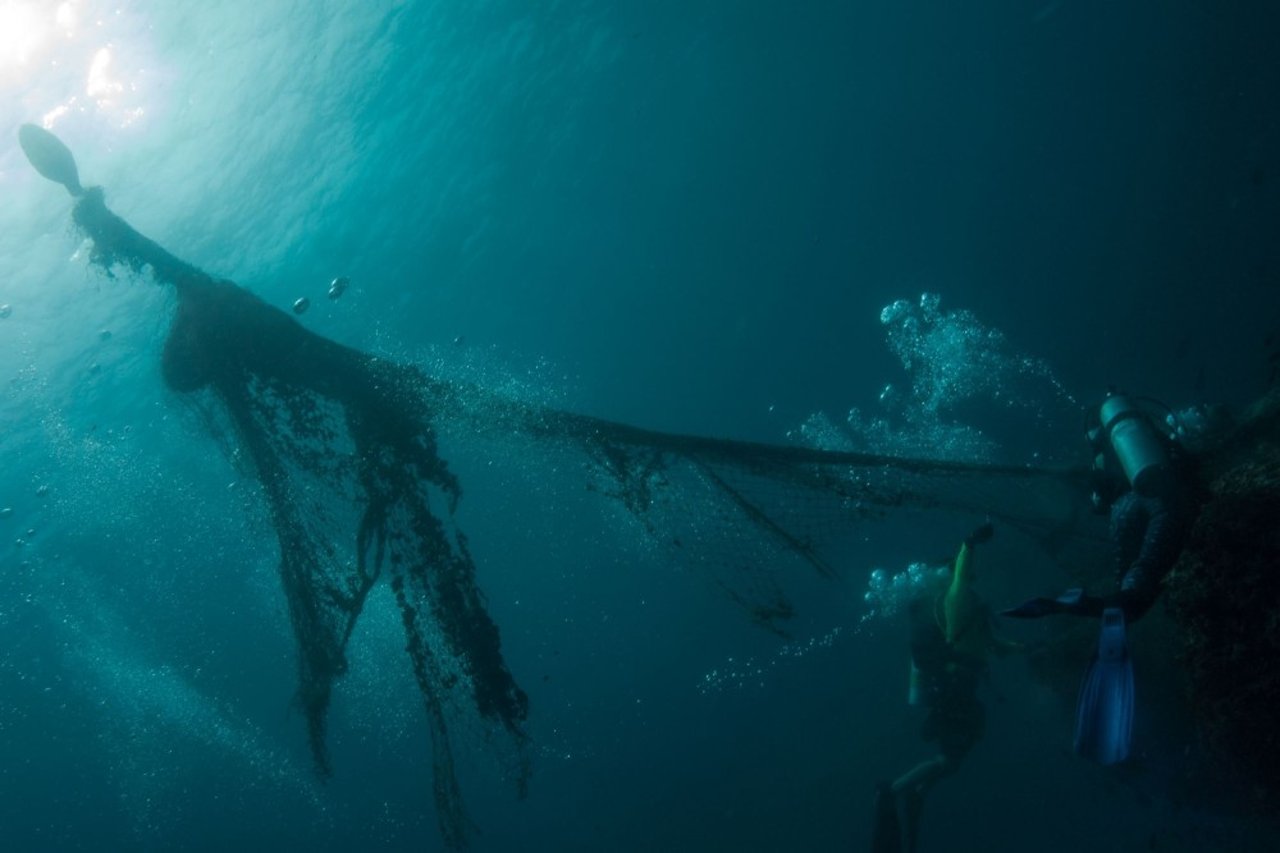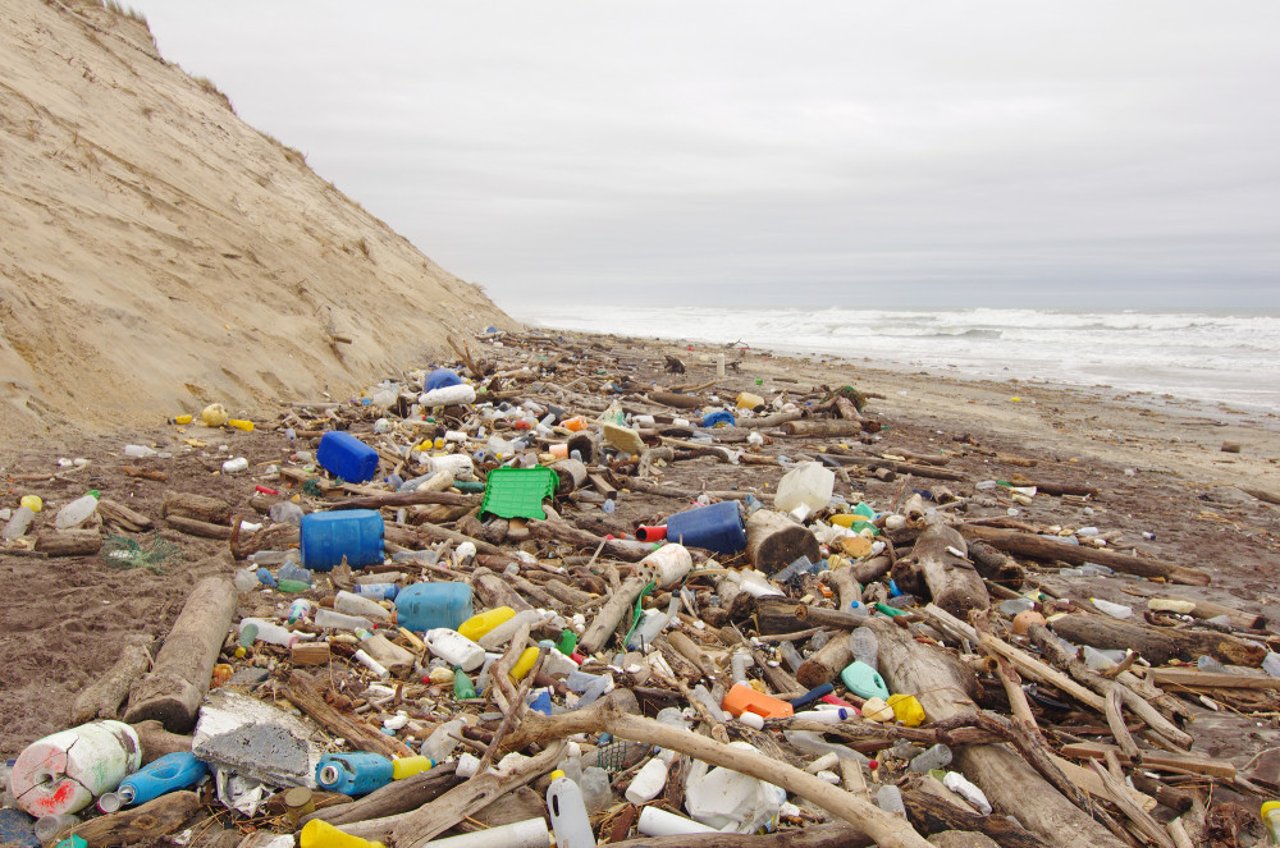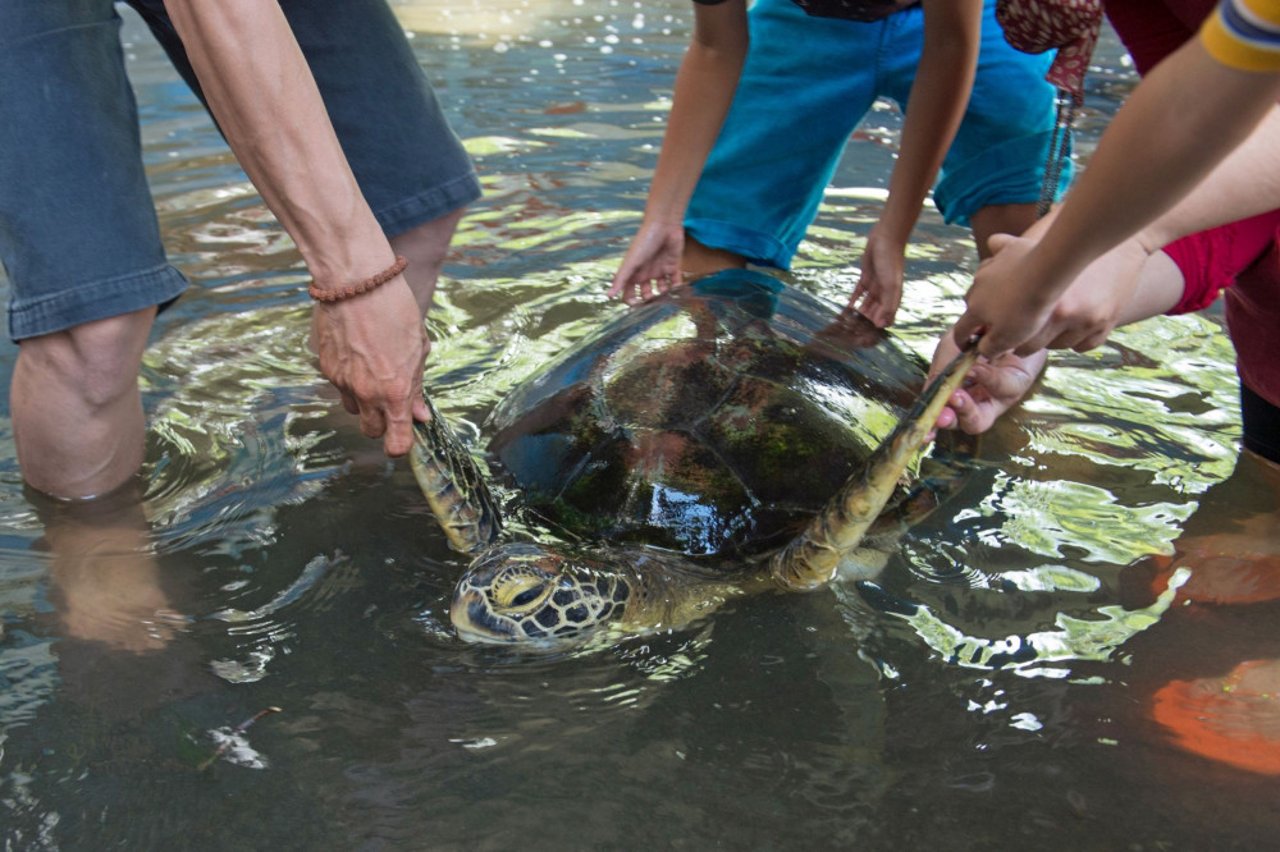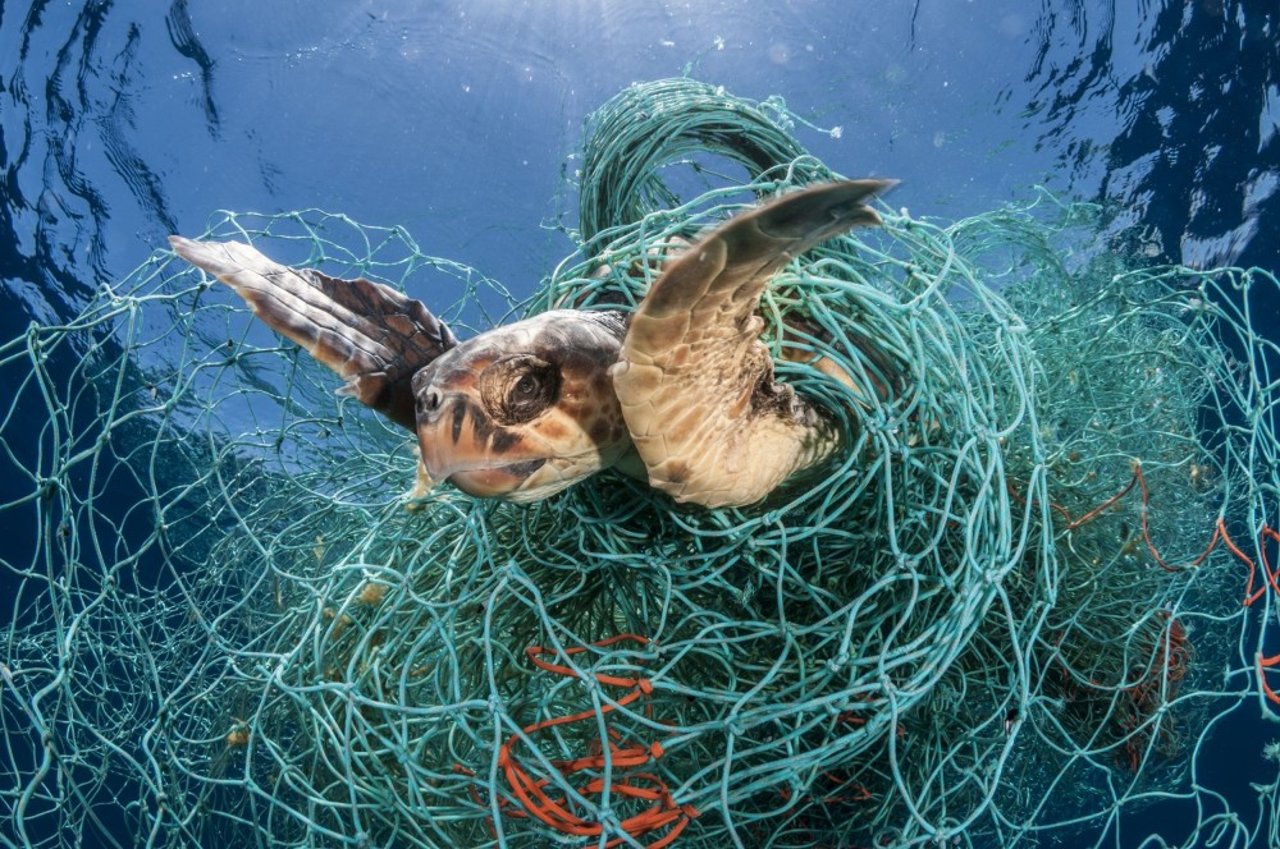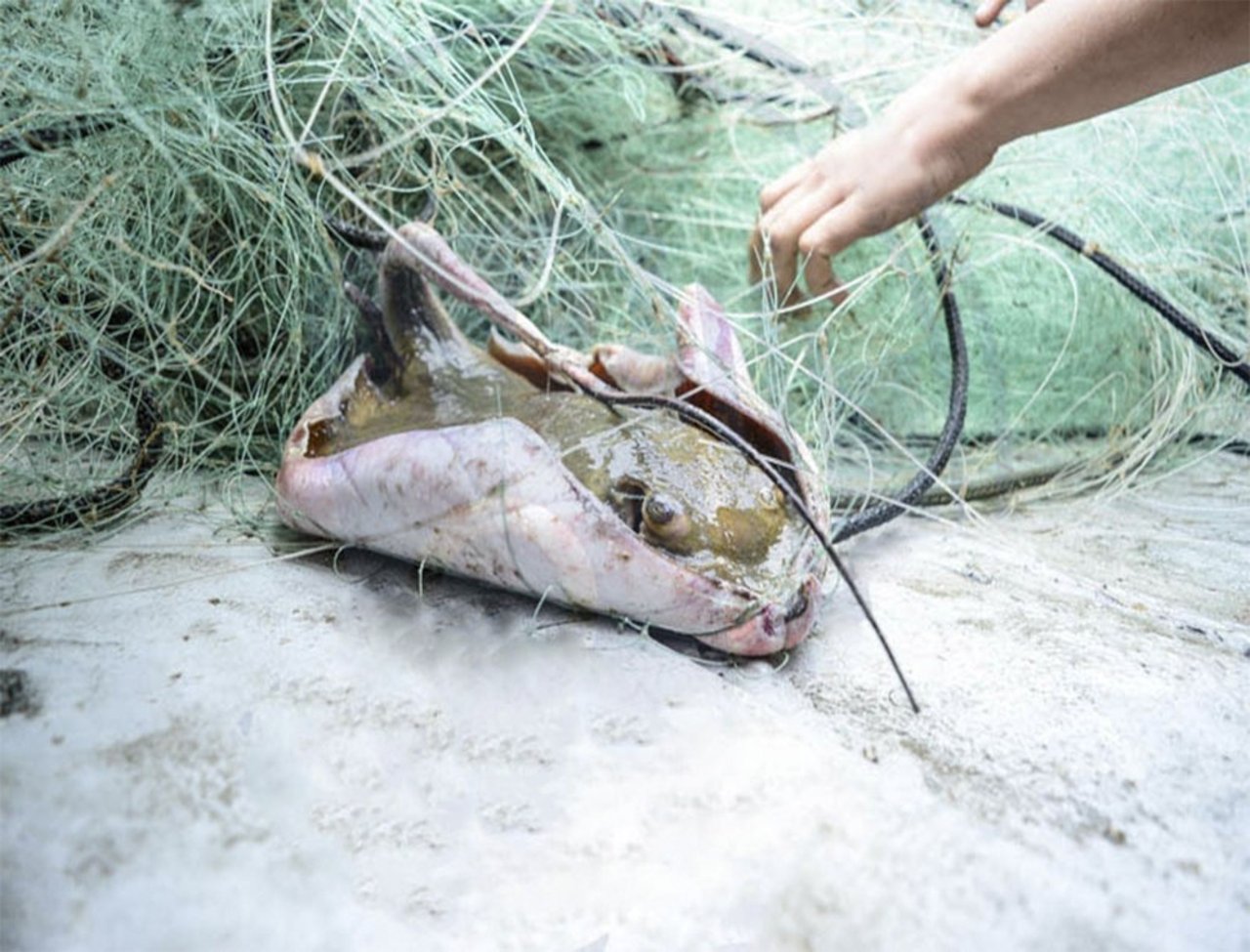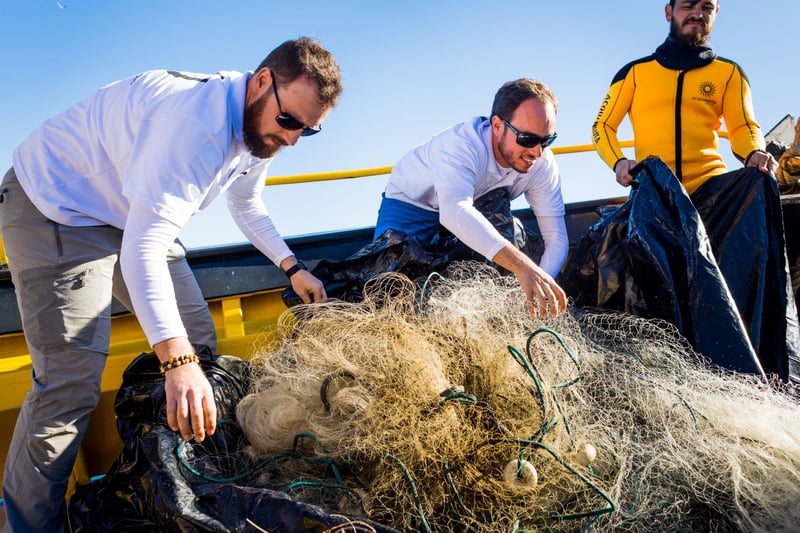
Around 8.8 million metric tonnes of plastic waste are dumped in the world’s oceans every year.
Marine Debris or Marine Litter
Marine debris or marine litter is a human-created waste material that is purposefully or accidentally released in water bodies like lakes, rivers, seas, and oceans. Floating ocean debris tends to accumulate on coastlines as beach litter. Deliberate dumping of waste and debris in the ocean is known as ocean dumping. A large variety of human-created objects form marine debris, like plastic bags, plastic balloons, buoys, ropes, medical waste, bottles, cigarette stubs, lighters, drink cans, fishing lines, and nets and waste from ocean liners and cruise ships. Six-pack rings used to contain drink cans constitute a particular problem as far as marine pollution is concerned. Around eighty percent of marine debris and waste is plastic. Plastic waste accumulates in the ocean because they do not degrade naturally as many other substances do.
Plastic dispersed in oceans
In a 2014 study, scientists estimated more than 5 trillion plastic pieces weighing around 269,000 tonnes were dispersed in oceans in both the Northern and Southern hemispheres. A very specific problem concerning marine debris is that of ghost gear, nets that can entangle a wide range of species including fishes, dolphins, sea turtles, sharks, dugongs, crocodiles, seabirds and other animals. Ghost gear restricts movement causing starvation, deep wounds, infections, and suffocation. Around 8.8 million metric tonnes of plastic waste is dumped in the world’s oceans every year. Asia reportedly accounts for the leading source of plastic waste dumping in the ocean.
Plastic waste pollution
Plastic waste pollution in the oceans is a worldwide problem. Sea Turtles are particularly affected by plastic waste pollution in the oceans and an approximate number of 100,000 sea turtles and caught up in ghost gear every year. Many of these Sea Turtles die as a result of the entanglement and many fishing trawlers are now including specially installed ‘Turtle Excluder Devices’ in their fishing gear so that entangled sea turtles in nets can swim out of the nets. Larger plastics, like macro plastics such as plastic shopping bags, clog the digestive systems of marine animals when digested. Microplastics harm smaller forms of marine life.
Stopping the uncontrolled entry of marine litter in the ocean
To stop the uncontrolled entry of marine litter in the ocean, the government of India has now started an assessment of the extent and source of marine litter along the Indian coastline. Reportedly India pumps 600,000 tonnes of plastic waste into the ocean annually. The government is aiming to frame a National Marine litter policy to combat plastic pollution in the Indian seas, oceans, and coastlines. India has also joined the United Nations clean seas program in an endeavour to clean up our oceans and beaches.
Global Ghost Gear Initiative
There is also the international Global Ghost Gear Initiative, a consortium of different agencies, including World Animal Protection, attempting to clean up the world’s oceans. Stakeholders in this consortium including fishing industry groups, private sector groups, non-governmental organisations, academic and governmental agencies that are working in unison to combat plastic pollution in the world’s oceans. There are scientific theories that posit life arose in the oceans and it is up to us to safeguard the primal home of life in our oceans and seas.
